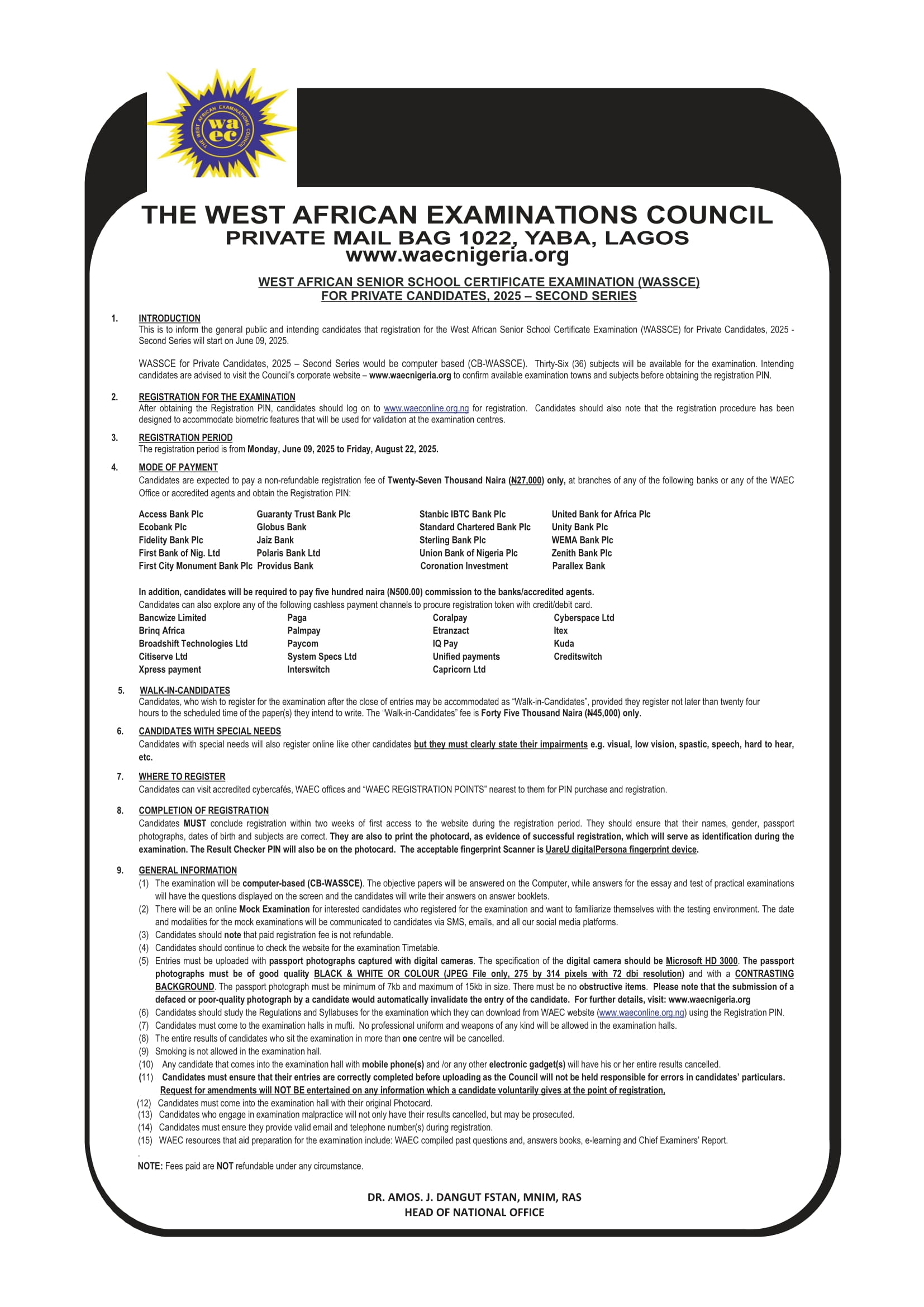
Oil rig
Bullish Sentiment Creeps Back Into Oil Markets

For the second straight week, the main oil futures contracts have seen a marked rejuvenation in open interest, primarily coming from bullish long positions. This suggests that, despite ongoing fears of an economic recession, traders believe that the selloff earlier this month was overdone. This has also translated into the markets largely ignoring the return of Libyan oil. In addition, Europe’s natural gas woes have strengthened demand prospects for middle distillates, with diesel switching in the winter months now a very real possibility. With the Brent-WTI spread as wide as ever, ICE Brent has been flirting with the $107 per barrel mark in today’s trading session.
Gazprom Squeezes Gas Supply Even Further. Russia’s Gazprom (MCX:GAZP)squeezed pipeline gas supply to Europe even further this week, with Nord Stream 1 flows dropping to 33 Mcm per day as the Russian firm argued that it needed to halt the operation of yet another gas turbine at a compressor station.
OPEC+ Compliance Drops to Lowest in Years. Proving that OPEC+ has been facing difficulties in ramping up new production capacity, the oil group’s underproduction rose to a whopping 2.84 million b/d in June, bringing the overall compliance rate to a staggering 320%.
EU Ministers Oppose Gas Cut Mandates. The European Commission is seeking to push through a plan that would require each EU member state to cut their gas use by 15% from August 2022 to March 2023, but opposition from France, Italy, and others will see it softened to voluntary participation.
Libyan Production Is Back on Track. Less than one week after the Tripoli government lifted the blockade of oil ports and infrastructure, production rates in the country have surged above 1 million b/d, almost doubling month-on-month.
US LNG to Europe Still Going Strong. When President Biden vowed to provide European buyers with an additional 15 bcm of LNG this year, the pledge was met with skepticism, but in H1 this year the US sent more than it did in all twelve months of 2021 (39 bcm vs 34 bcm), getting within touching distance of fulfilling the pledge.
Guyana Launches New Licensing Round. With one single Exxon (NYSE:XOM) operated block already wielding 11 billion of oil reserves, the President of Guyana has called on US companies to participate in the upcoming Q3 auction, seeking to avoid dependence on one dominant consortium.
Mexico Maximizes Fuel Oil Exports to the US. Exports of Mexican fuel oil to the United States rose to the highest level on record in H1 2022, averaging 5.3 million barrels a month, as higher residue output has been met with increased US demand, seeking to replace sanctioned Russian volumes.
Gasoline Cracks Plummet Amid Oversupply Fears. Gasoline cracks across the world have fallen by more than 100% over the course of July, with Asian margins dropping to a marginal discount to Brent after hitting a premium of $38 per barrel earlier, with oversupply leading to high stock builds recently.
Germany’s Coal Sector Runs into Resource Availability Issues. Coal operators in Germany have run into a series of difficulties in bringing back idled coal plants, coming from low coal availability and aged production units. So far it appears that only one coal plant of the 16 that were planned has been reconnected.
US Energy Authorities Assist GM Battery JV. The US Energy Department announcedit would loan $2.5 billion to a joint venture of General Motors (NYSE:GM) and LG Energy Solution (KRX:373220) to finance lithium-ion battery cell manufacturing facilities in Ohio, Tennessee, and Michigan.
Algeria Records Further Two Oil and Gas Discoveries. Italian oil and gas major ENI (NYSE:E) has made another two oil and gas discoveries in Algeria’s gas-rich Berkine basin, working in a JV between ENI and Sonatrach, only four months after it had reported two significant finds in the same region.
Europe Greenlights Third Party Russia Deals. Brussels has tweaked its Russia sanctions regime, allowing European countries dealing with Russian state-owned companies Rosneft and Gazprom to buy and ship oil to third countries provided they do not reach EU destinations.
US Shale Firms Complain of Growth Headwinds. According to a recent survey by the US Federal Reserve Bank of Dallas, almost all oil and gas executives believe the ongoing supply chain delays are having a material impact on new projects, primarily focusing on shortages of labor and soaring equipment costs.
-OilPrice.com
About The Author

